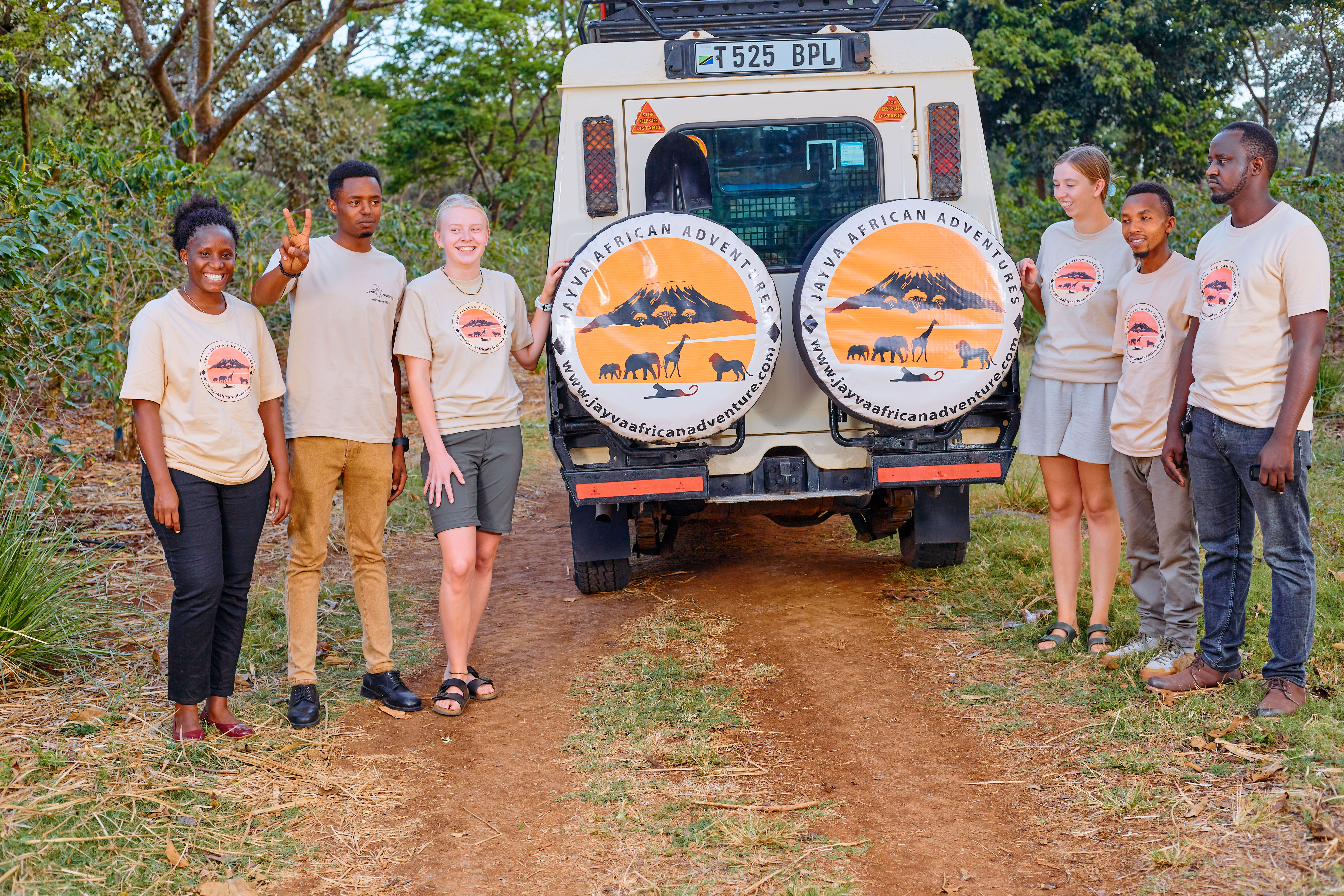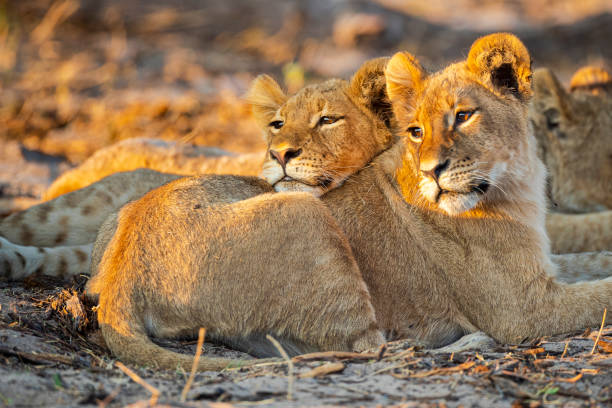Is Tanzania Safe to Visit? Travel Safety Tips for Safari
Is Tanzania safe for tourists? Discover essential travel safety tips for safaris, cities, and beaches. Stay informed, confident, and well-prepared for your trip.

Is Tanzania safe for tourists? Discover essential travel safety tips for safaris, cities, and beaches. Stay informed, confident, and well-prepared for your trip.


Yes, Tanzania is generally safe to visit for tourists—especially for those traveling on organized safaris or holiday packages. The country has a strong tourism infrastructure, friendly locals, and a stable political environment. However, like any international destination, travelers should follow basic safety precautions, stay aware of their surroundings, and keep up with travel advisories. This guide shares practical travel safety tips for cities, parks, beaches, and everything in between.
Tanzania is one of Africa’s most popular and welcoming travel destinations, known for its world-class safaris, Mount Kilimanjaro, and Zanzibar’s tropical beaches. But for first-time visitors or those unfamiliar with the region, the question often arises: “Is Tanzania safe to visit?” The short answer is yes—Tanzania is generally a safe country to travel to, especially in tourist areas. However, like any international destination, it’s important to stay informed, take basic precautions, and travel smart.
Absolutely. Safaris in Tanzania are considered very safe. Operators follow strict park regulations, and professional guides are trained to handle wildlife encounters responsibly. Safety briefings are provided, and you’re typically in a closed 4x4 vehicle during game drives.
Yes, if you’re physically prepared and travel with a qualified guide. Kilimanjaro trekking does not involve technical climbing, but altitude sickness is a real risk. Guided tours with slow ascent profiles and acclimatization days significantly reduce danger.
Zanzibar is a peaceful and laid-back destination that draws beach lovers from all over the world. Violent crime is rare, and tourist areas are secure. However, general safety guidelines should be followed:
While most visits are trouble-free, urban areas require more caution, particularly at night or in crowded markets.
Tanzania is a warm, welcoming, and adventure-packed destination that is safe for most travelers—especially when you stick to known safari routes, national parks, trekking paths, and beach resorts. By staying informed, traveling with reputable operators, and using common sense, you can confidently explore Tanzania’s rich natural beauty, culture, and wildlife with peace of mind.